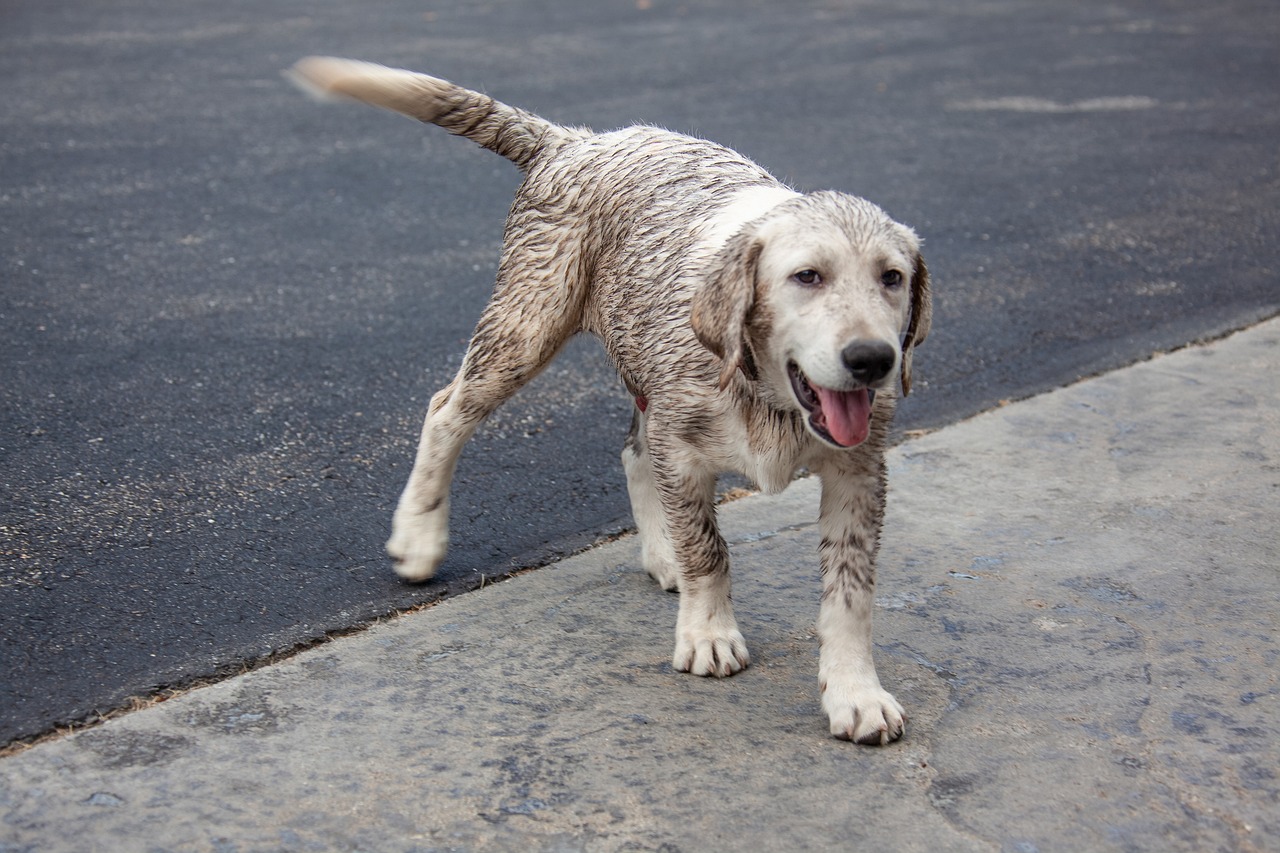If you’re a pet owner, you know how important it is to keep your furry friends protected from fleas. These pesky parasites can cause discomfort and health issues for both pets and humans. Nexgard is a popular flea treatment for dogs, but many pet owners wonder if it will effectively kill existing fleas. In this article, we will explore the effectiveness of Nexgard in eliminating fleas and provide you with all the information you need to keep your pets flea-free.
What is Nexgard?
Before we dive into whether Nexgard can kill existing fleas, let’s take a moment to understand what Nexgard is. Nexgard is a chewable flea and tick treatment for dogs. It contains an active ingredient called afoxolaner, which belongs to the class of drugs known as isoxazolines. Afoxolaner works by targeting the nervous system of fleas and ticks, ultimately leading to their death.
How Does Nexgard Work?
Nexgard works by inhibiting the movement of fleas and ticks, preventing them from feeding on your dog’s blood. When fleas and ticks come into contact with a dog treated with Nexgard, they ingest the afoxolaner, which disrupts their central nervous system. This results in paralysis and death of the parasites within hours.
Will Nexgard Kill Existing Fleas?
Yes, Nexgard is effective in killing existing fleas on your dog. Once your dog ingests Nexgard, the active ingredient afoxolaner is absorbed into their bloodstream. When fleas bite your dog, they ingest the afoxolaner, which leads to their demise. Nexgard starts killing fleas within 4 hours of administration and provides month-long protection against future infestations.
How to Use Nexgard Effectively?
To ensure the effectiveness of Nexgard in killing existing fleas and preventing future infestations, it’s important to use the product correctly. Here are some tips for using Nexgard effectively:
1. Choose the Right Dosage
Nexgard is available in different dosages based on your dog’s weight. It’s essential to choose the correct dosage to ensure optimal flea control. Consult with your veterinarian to determine the appropriate Nexgard dosage for your dog.
2. Administer Monthly
Nexgard is designed to be administered once a month. It’s important to stick to this schedule to maintain continuous protection against fleas. Regular use of Nexgard will not only kill existing fleas but also prevent new infestations.
3. Follow the Directions
Read the product label and follow the directions provided by the manufacturer. Administer Nexgard orally, ensuring your dog chews and swallows the tablet. You can offer it as a treat or mix it with your dog’s food.
4. Use Year-Round
Fleas can be a year-round problem, so it’s recommended to use Nexgard consistently throughout the year. By using Nexgard year-round, you can ensure your dog is protected from fleas regardless of the season.
5. Treat All Pets
If you have multiple pets in your household, it’s important to treat all of them with Nexgard. This will prevent fleas from spreading among your pets and ensure comprehensive flea control.
Common Questions About Nexgard
Can Nexgard be used on puppies?
Yes, Nexgard can be used on puppies as young as 8 weeks old and weighing at least 4 pounds. However, it’s always best to consult with your veterinarian before starting any flea treatment on a young puppy.
Is Nexgard safe for dogs?
Nexgard is generally considered safe for dogs when used as directed. However, some dogs may experience side effects such as vomiting, diarrhea, or lethargy. If you notice any unusual symptoms in your dog after administering Nexgard, contact your veterinarian.
Can Nexgard be used with other medications?
Nexgard is generally safe to use with other medications, but it’s always best to consult with your veterinarian before combining flea treatments or medications.
Conclusion
In conclusion, Nexgard is an effective flea treatment that will kill existing fleas on your dog. By following the proper dosage and administration guidelines, you can ensure your pet remains protected from fleas and ticks. Remember to use Nexgard consistently and year-round for optimal flea control. If you have any concerns or questions about using Nexgard, consult with your veterinarian for personalized advice.

